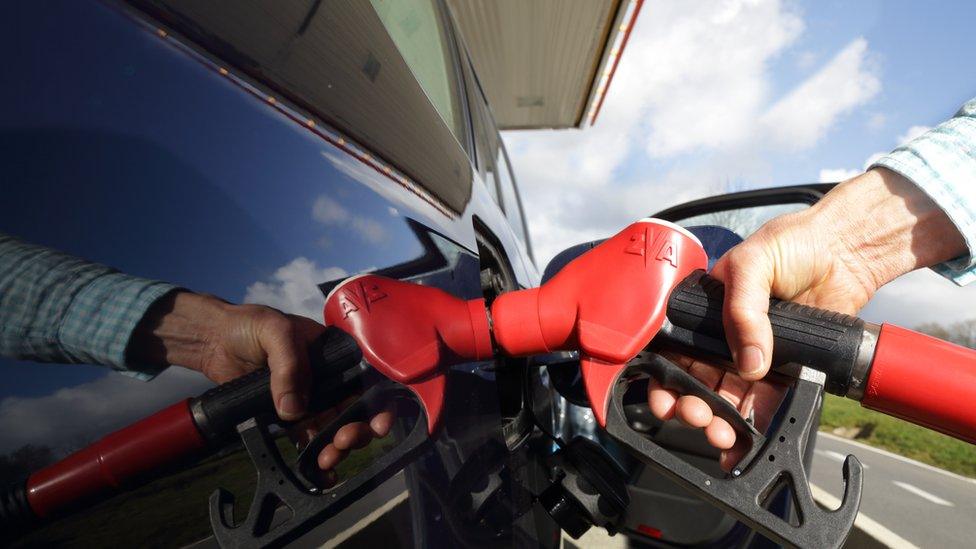Diesel 17p more per litre than petrol despite oil price falls
- Published
- comments
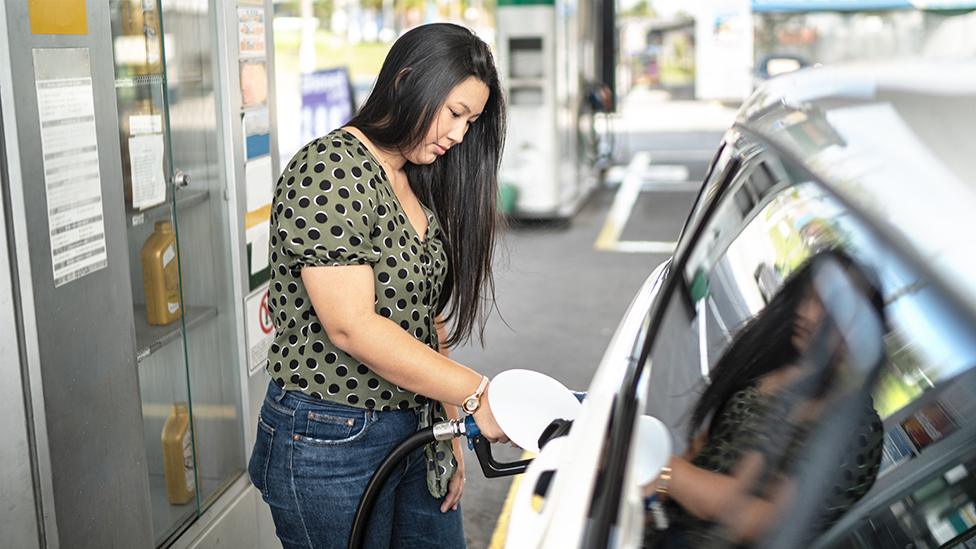
Diesel is being sold for about 17p per litre more on average than petrol, despite wholesale costs falling to similar levels, a motoring group said.
Average diesel prices are £1.64 per litre compared with £1.47 per litre for petrol, while both are priced at about £1.15 wholesale, the RAC said.
It said the difference was "scandalous" and that cuts in the wholesale price had not been passed on to customers.
Retailers said they "understood the cost pressures" drivers faced.
Supermarkets and private retailers buy fuel on the wholesale market to sell to consumers.
The RAC, which tracks and campaigns on fuel prices, said diesel wholesale prices had fallen and were now the same as petrol on average.
But Simon Williams, fuel spokesman for the motoring group, said there was "still more than 17p difference at the pump" which he described as "absolutely shocking".
Mr Williams said given the amount wholesale prices had dropped, forecourts should have already reduced pump costs for diesel to about £1.52, and a further cut to £1.47 in the coming weeks should feed through.
When prices change in the wholesale market, they can take time to feed through to changes at the pumps, due to how frequently smaller sellers restock.
But Mr Williams said larger supermarkets, which dominate sales, had been given "plenty of time" to pass on lower prices to customers.
Supermarkets buy fuel more frequently than independent sellers.
"They [supermarkets] remain totally resolute in their refusal to cut their prices substantially which is nothing short of scandalous, particularly in a cost-of-living crisis," he said.
"For retailers to be taking a margin of nearly 20p a litre on average throughout March, compared to the long-term average of 7p, is devastating for every driver and business that relies on diesel."
However, Andrew Opie, director for food at the British Retail Consortium, which represents supermarkets, said: "Retailers understand the cost pressures facing motorists and will do everything they can to offer the best value-for-money across petrol forecourts."
The trade body did not comment on the disparity in prices directly, but said because prices at the pump tend to lag behind wholesale prices, the recent falls in diesel wholesale prices were still filtering through to consumers.
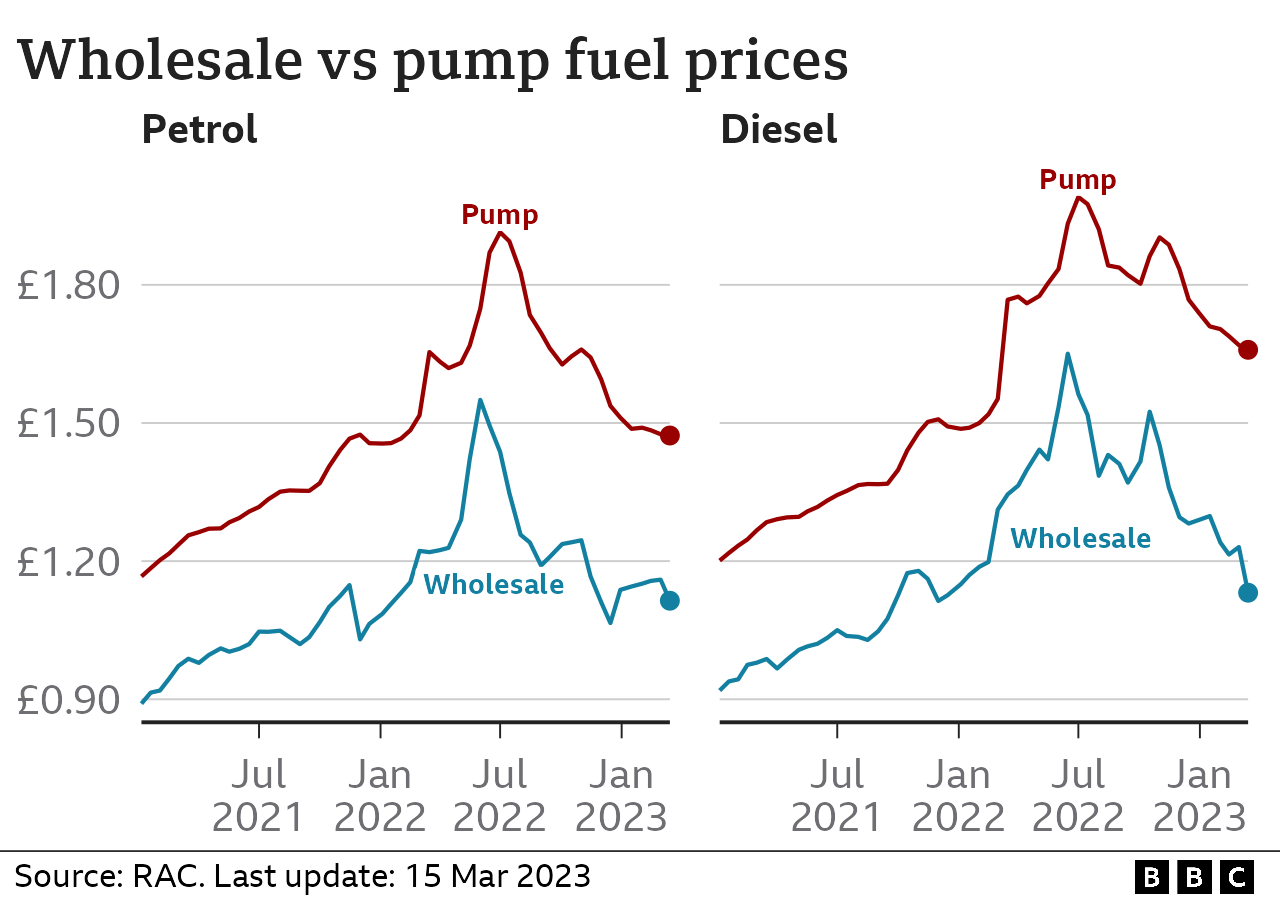
Fuel costs surged in the aftermath of Russia's invasion of Ukraine as global oil prices soared to more than $130 a barrel.
However, crude oil costs have now returned to levels seen before the war.
Nathan Piper, an oil and gas analyst, told the BBC diesel prices have been typically higher due to the UK needing to import the fuel, whereas it is self-sufficient when it comes to petrol production.
The UK imported about 20% of its diesel from Russia before the war in Ukraine.
Mr Piper said cutting ties with the country meant prices increased as demand rose globally.
But there has been criticism from motoring groups like the RAC that while petrol retailers were quick to put up prices, they've been slower to bring them down as costs have fallen.
A competition investigation is ongoing into whether retailers made greater profits through so-called "rocket and feather" pricing, which is when fuel prices rise as wholesale costs rise, but then fall more slowly than costs come down.
The Competition and Markets Authority (CMA) watchdog said in its latest update it had seen some evidence of that in 2022, in particular for diesel pricing., external
Related topics
- Published14 March 2023
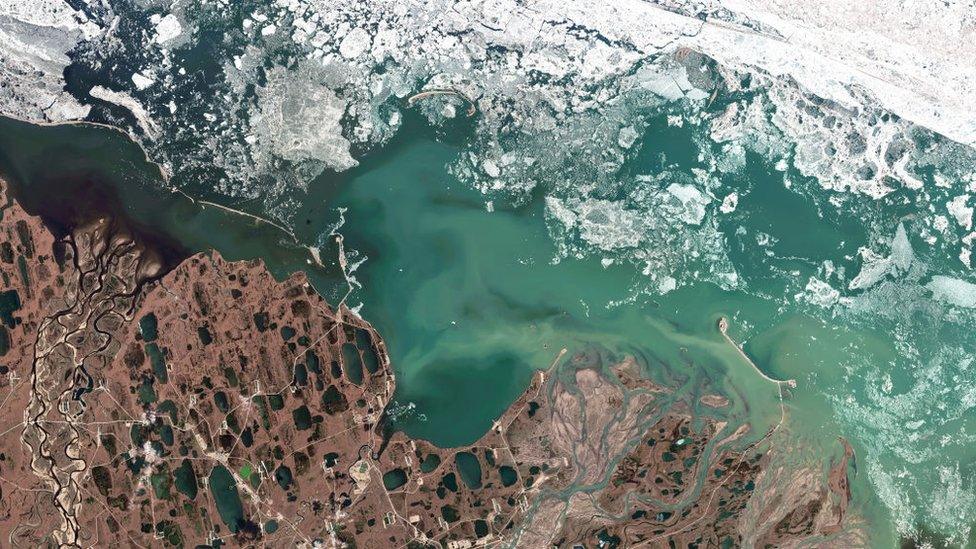
- Published28 March 2023
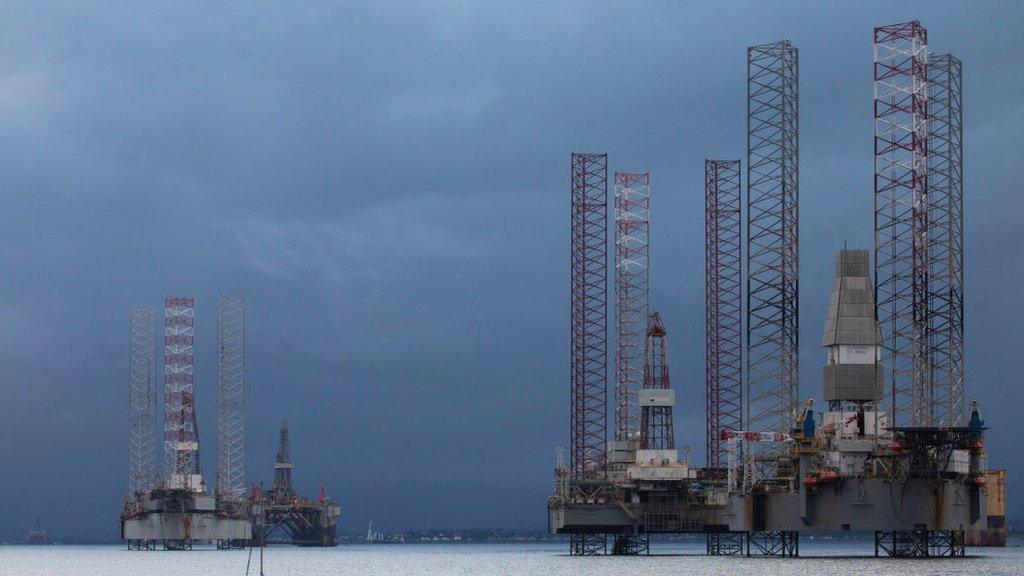
- Published6 December 2022
